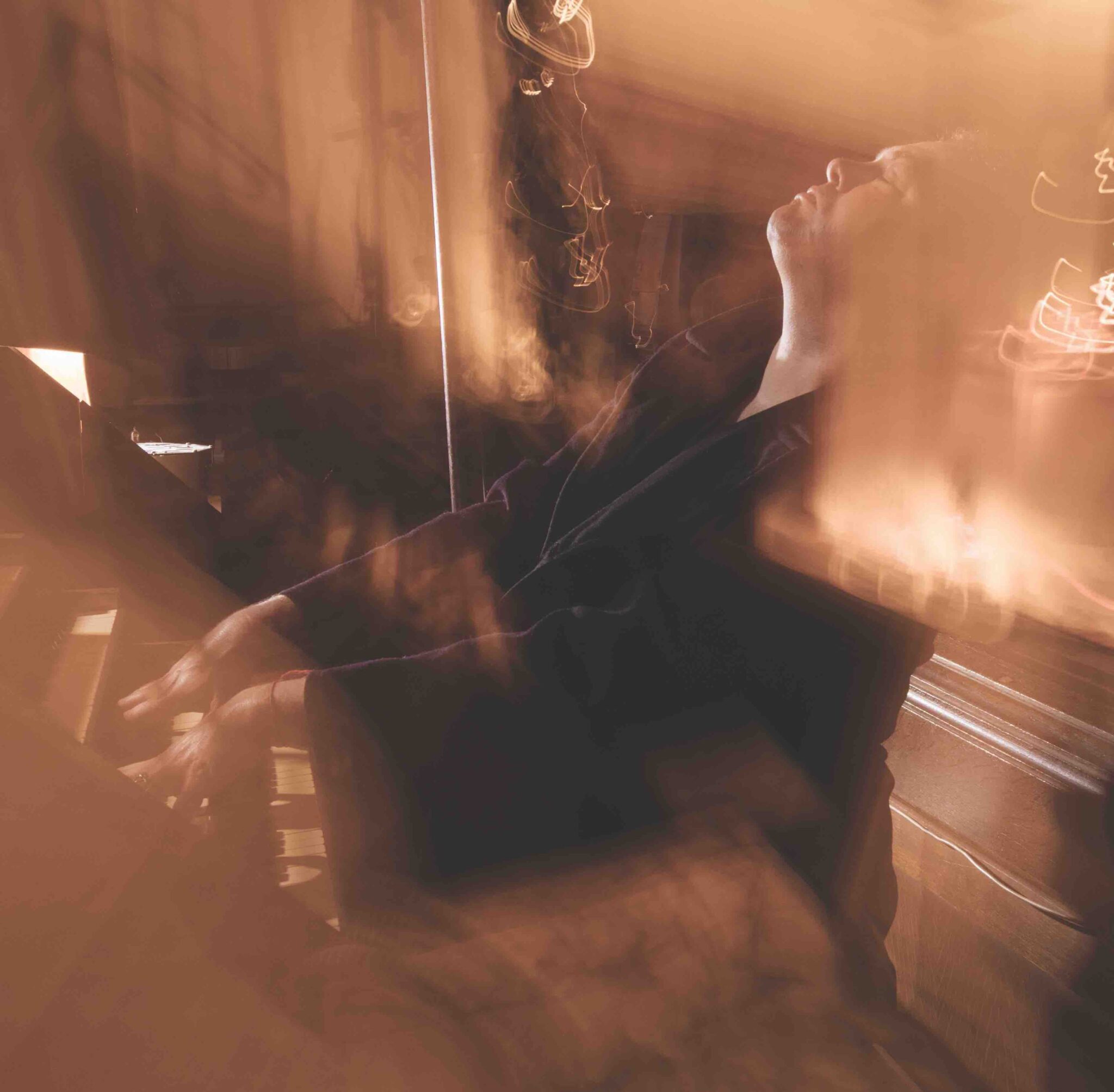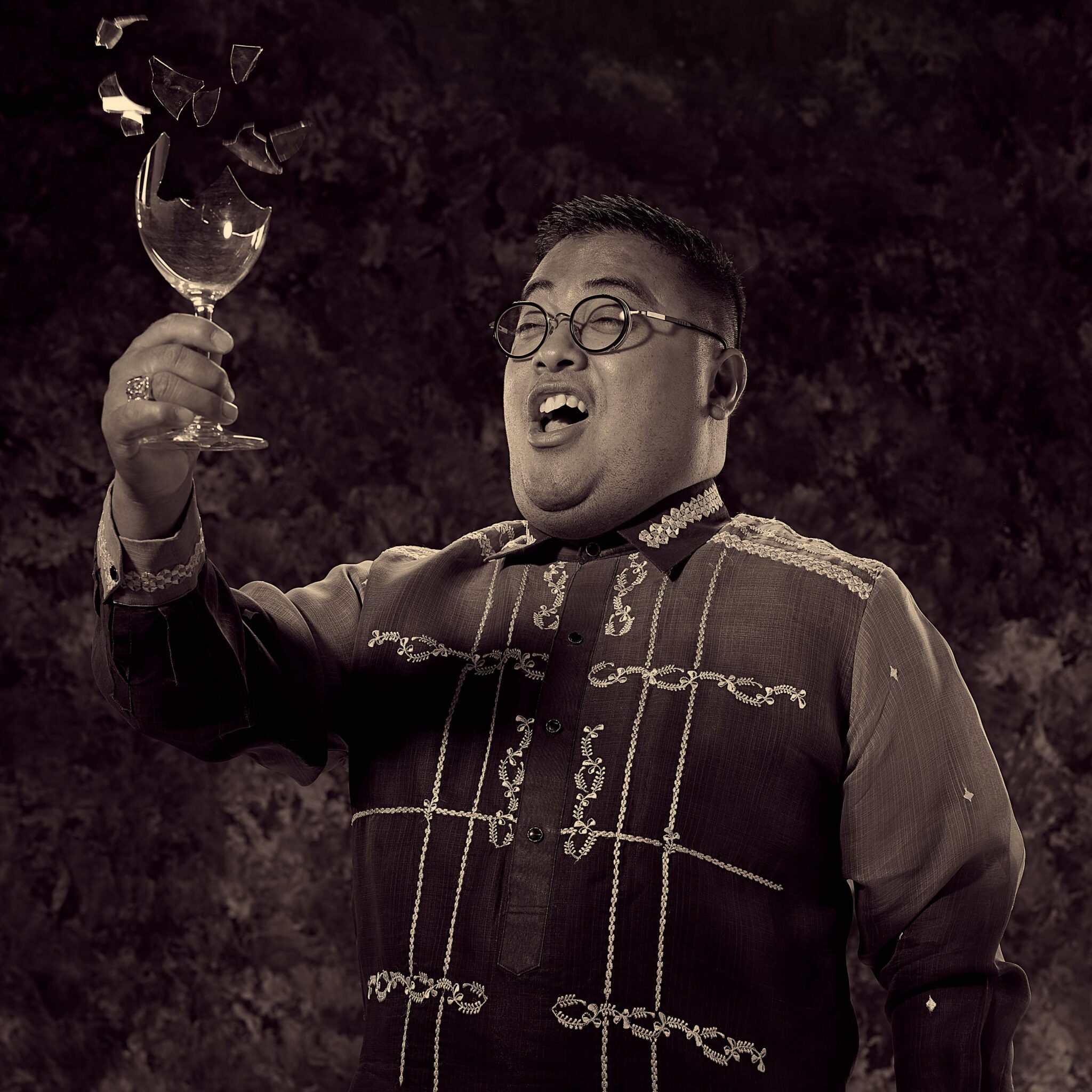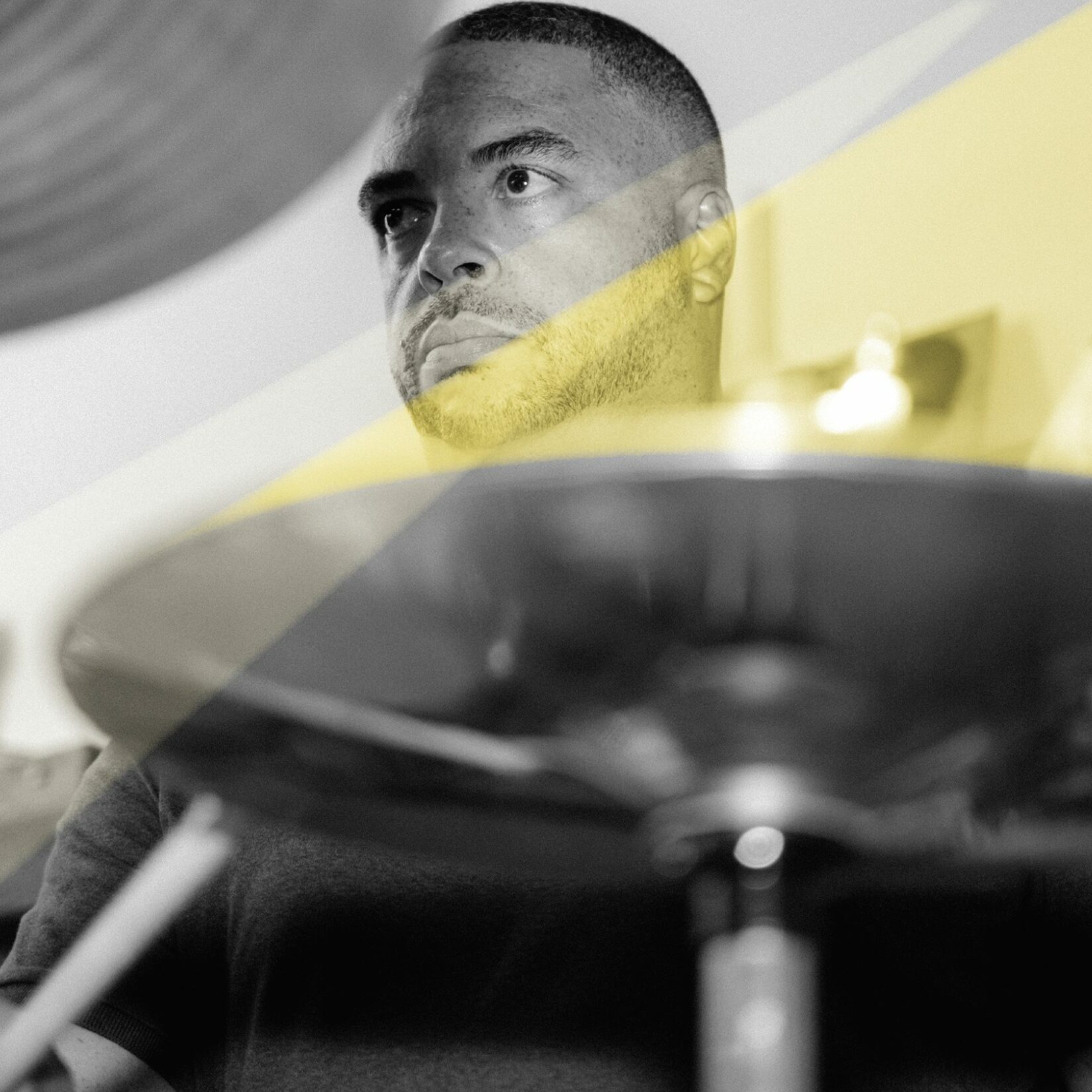
Mystical, Magical, Scarce
Lodge organists are a vanishing breed—but one with the power to transform the Masonic ritual.
Nenyi Quaison-Sackey grew up with a front-row seat to the daily drama of high-stakes diplomacy and international intrigue. As son to Alex Quaison-Sackey, the Ghanaian politician and former president of the General Assembly of the United Nations, “Nee,” as he is known, was surrounded by a who’s-who of foreign dignitaries. In such a heady environment, expectations for him were understandably high.
Ultimately, though, he chose not to follow in his father’s footsteps. But Quaison-Sackey has nevertheless led a life dedicated to bringing people together. Rather than courts and treaties, he’s relied on two other family traditions to do so: music and Masonry.
“Being Ghanaian, you’re expected to be a lawyer, doctor, or engineer, but my dad always wanted me to do what I wanted,” Quiason-Sackey says from his home in Ventura, where he co-leads the jazz and world music duo Native Vibe. While his three brothers followed more traditional paths, the youngest Quaison-Sackey chose to blaze a trail of his own.
Quaison-Sackey first experienced the power of music from a young age. Born in New York City, he returned with his family to Ghana at the age of four. At the time, his father was rising through the West African nation’s diplomatic ranks, and in 1964 he became the first Black African elected president of the UN General Assembly. But as important as international relations were to the family, so too was music. The young Quaison-Sackey quickly found an essential role at home as an aide to his paternal grandfather, a composer who’d lost his eyesight, by reading and notating music for him.
Quaison-Sackey’s father also had a deep-seated passion for music. In a widely reported 1960 encounter, he took the stage at Manhattan’s Birdland Jazz Club in traditional Ghanaian garb to play the kpanlogo barrel drums while cheered on by jazz legend Buddy Rich. However he didn’t view music as a sensible career choice. Consequently, Quaison- Sackey hid his career ambitions from him, and did so until his father died in 1992.
Most of that career has been spent with Native Vibe, the group Quaison-Sackey cofounded in 1991 in San Diego with guitarist Bill MacPherson. MacPherson grew up the child of missionaries in the Democratic Republic of the Congo, and in Quaison-Sackey he found an artist similarly versed in jazz and various African musical idioms. Together, they’ve released nine Native Vibe albums, most recently 2020’s Who Does That?!, and collaborated on numerous solo projects.
In addition to music, Freemasonry is another part of Quaison-Sackey’s family heritage. Many of his maternal uncles were Freemasons in Ghana, and his father’s uncle, Ebenezer Amos Sackey, was grand master of the District Grand Lodge of Ghana. Rather than let that tradition die out, Quaison-Sackey was initiated into Masonry in Ghana in 2004 as part of Mfantsipim Lodge No. 7260, which operates under the United Grand Lodge of England. Only after being raised as a Master Mason there did he discover that his father had been a Mason and a founding member of a lodge for foreign service officers in Ghana.
After living for several years in Sierra Leone, where he was master of a lodge in Freetown, Quaison-Sackey returned to California in 2010 and settled near MacPherson so the pair could pursue their music more seriously. Still involved with the lodges in Africa, he affiliated with Channel Islands Lodge No. 214 in 2012.
Today, Quaison-Sackey is the lodge’s junior warden, but more than influencing his music, he says Masonry has shaped the way he relates to others. “It’s very easy to develop an ego when you become a musician,” he says. “Being a Mason has taught me that we’re all on the same level. Music is a language each of us speak. It connects with something we all have in common.”
PHOTOGRAPHY CREDIT:
Russ Hennings/Moonbeam Studios

Lodge organists are a vanishing breed—but one with the power to transform the Masonic ritual.


From one of the early members of Sublime to mayor of La Palma, California Freemason Marshall Goodman is well-qualified to represent the L.B.C.